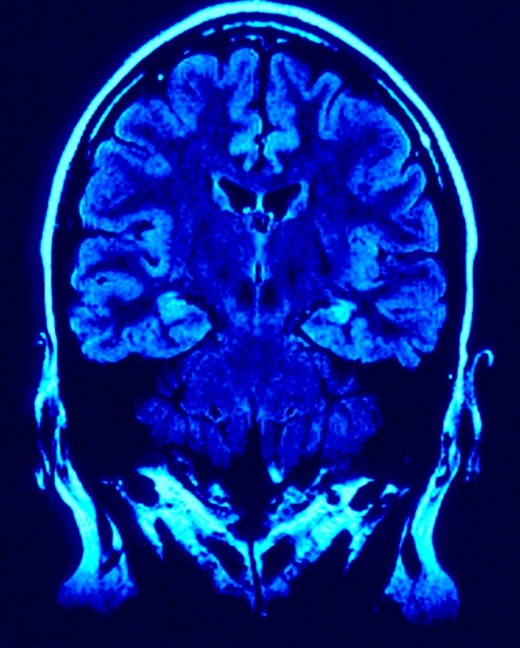Does the Mind Exist?
When answering the question "does the mind exist" it is very important to first understand what is meant by the word "mind". According to The Concise Oxford Dictionary, there are approximately nineteen different definitions given for the word "mind". To answer this question appropriately, I will be using one of the nineteen definitions that best suites the meaning that I have in mind. The definition that best suites is the sixth definition, which states that the mind is the "seat of consciousness, thought, volition, and feeling" (from The Concise Oxford Dictionary, 1984).
"Mind" is a word we use in many different ways, depending on the linguistic context. Like all other words, it is essential that it be used correctly according to the rules of language that are already set. So, according to the definition given above, does it follow that if consciousness, thought, volition, and feeling are all existent things then we can be sure that the mind exists as the "seat" of these things? Perhaps it does, but first we will approach the question from a scientific standpoint.According to the modern philosophy of science, it is essential to provide empirical evidence for something to be considered real. Empirical evidence is considered to be tangible or publicly observable. This creates some difficulty in trying to determine the existence of the mind. We cannot touch the mind, nor can we see/observe it. So does this mean that according to science we should conclude that the mind does not exist because it cannot be touched or seen? This is certainly not the case. By looking deeper into the logic that relates to the concept of the mind, it is possible to find an explanation for the mind's existence, despite the fact that a mind cannot be touched or seen.We can use the word "mind" in the same or similar way to the definition that was cited previously from the dictionary. If we do, then we are including with it all mentalistic phenomena. For instance, how could we use the term "mind" in this context without implying that such things as consciousness, thoughts, volition, feelings, and other mentalistic qualities do indeed exist? Thus, if we can prove that mental events are real then we will also know that the mind is real.
Let us consider the mentalistic concept of "pain". If a person takes a hammer and strikes another person's hand with the hammer, the person who was struck will most likely elicit a response. The person might yell out abruptly "ouch!" Perhaps after their exclamation, they might begin crying and rolling around on the floor. When they are rolling on the floor they might say to the person who struck them, "that really hurt me, and now I am experiencing so much pain!" By observing the responses of the individual who was struck, the person who struck them has logical and conceptual grounds for believing that this individual is indeed experiencing pain. The mentalistic concept of pain can be successfully applied to this context based on the situational factors that have occurred. Now lets take the mentalistic concept of "thinking". If two people are sitting outside playing a game of chess, it is very easy to notice the way their eyes move about the board in a way that is related to the moves they make. Sometimes a player may begin to move a chess piece in one direction then quickly move the piece back to its original position. It would seem as though there is some sort of invisible process that is guiding their decisions, in which the chess player is the only one who is aware of what is happening during this process. In this scenario, there are logical and conceptual grounds to apply the concept of "thinking" to the chess players. Using the concepts of "pain" and "thinking" as examples, we now know that there is a conceptual logic that permits the use of these words as referring to real events. If it is certain that mental events are indeed existent things, then it follows that there is also a conceptual logic that permits the use of the word "mind" as a "seat" of these mental events (just as given in the cited definition). Thus, by using conceptual logic based on the rules of language we know that both mental events and the mind do exist.Image of the Brain... but not an image of the mind!









